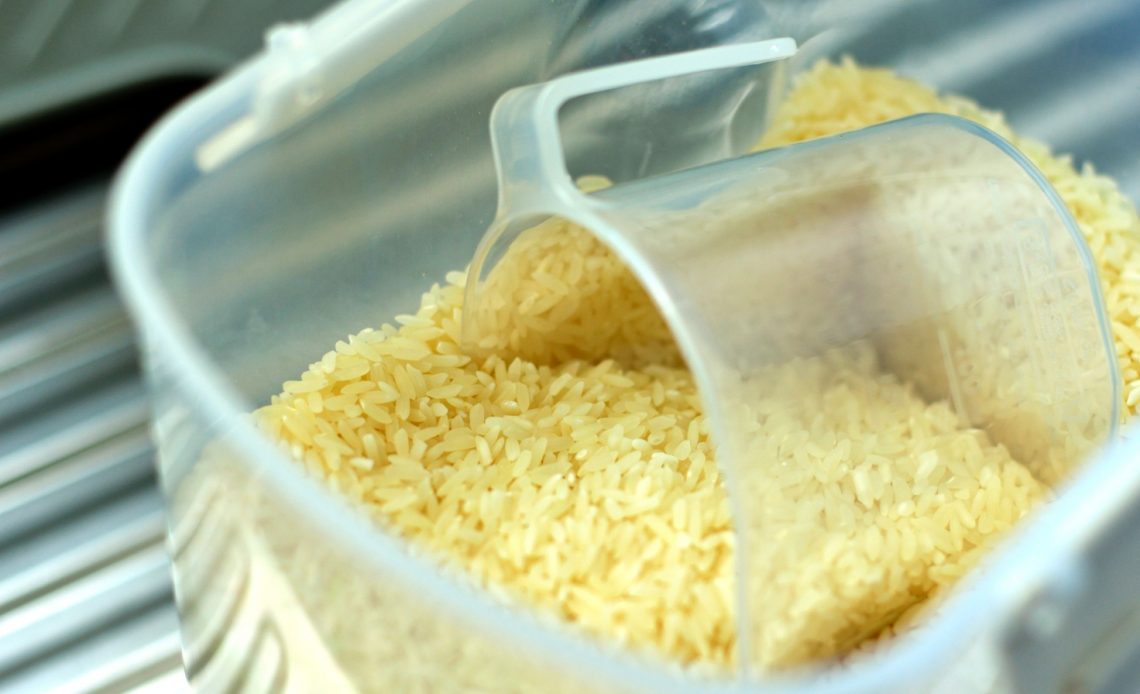

We’re here to help! Wild Yards is a completely free website that is 100% dedicated to helping you create a wildlife-friendly, sustainable yard. Read more
WildYards is reader-supported. When you buy a product through a link on our site, we may earn a comission. Every product is independently selected by our (obsessive) editors and our reviews are unbiased and objective. Read more about our mission or our privacy policy.
The plants in your garden can benefit from so many of the ingredients you use in your kitchen on a daily basis.
Old banana peels are an excellent source of potassium. Eggshells offer plants some much-needed calcium. Coffee grounds, too, provide plants with carbon and magnesium.
Although we may consider this organic matter to be trash, fruits, vegetables, and ornamental plants enjoy the extra burst of nutrients these materials give them as they deteriorate.
In addition to these biodegradable materials, you may be wondering, is rice water good for plants?
The answer is yes!
Rice water is a good source of trace minerals for plants, and its starch content provides fast food for beneficial bacteria in the soil. Supporting soil bacteria helps your plants fight off infections and pests more easily.
What is rice water?
Rice water isn’t anything special. It’s just water that has been used to rinse and/or cook rice.
Obviously, we boil rice to soften it up and make it edible.
But during the boiling process, each grain of rice releases starch, vitamins, and minerals, filling the water it’s boiled in with valuable nutrients.
Rice water can be used for a variety of purposes.
Many people use rice water to strengthen their hair, as it is a good source of protein. Rice water is also often used to soothe dry, irritated skin and improve elasticity to reduce the appearance of fine lines.
When you’re done preparing a serving of rice, you can use rice water to feed plants, too!
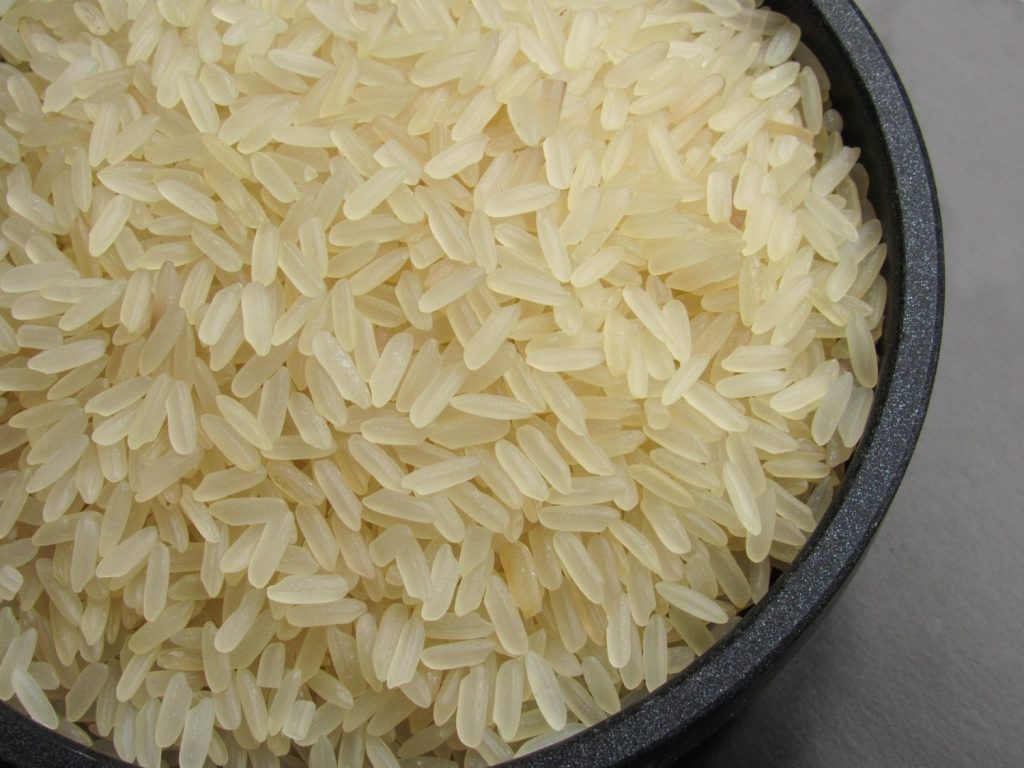
Why is rice water good for plants?
One of the main reasons why rice water is good for plants is simply because it hydrates them.
But rice water also benefits plants in other ways.
Let’s take a look at some of the reasons why you should save rice water to feed your plants, and how this simple ingredient can drastically improve their health and performance.
Rice water is a rich source of vitamins
Rice provides plants with the same vitamins it offers us, just in smaller doses.
Rice water contains vitamins K and E. It’s also a fantastic source of B vitamins, specifically B1, B2, B3, B6, and B9.
In humans, vitamin K plays a crucial role in blood clotting. But in plants, vitamin K supports photosynthesis, the process by which plants produce food for themselves. Meanwhile, vitamin E supports a healthy stress response.
As for B vitamins, these nutrients are utilized for a variety of metabolic processes.
Plants rely on B vitamins to produce simple sugars for themselves so they have enough energy.
By supporting healthy energy production, B vitamins help plants grow stronger roots and healthy green foliage — even if it’s only in a roundabout way.
Although plants do not rely on vitamins the same way we humans do, rice water provides them with small doses of beneficial nutrients that can support their overall health.
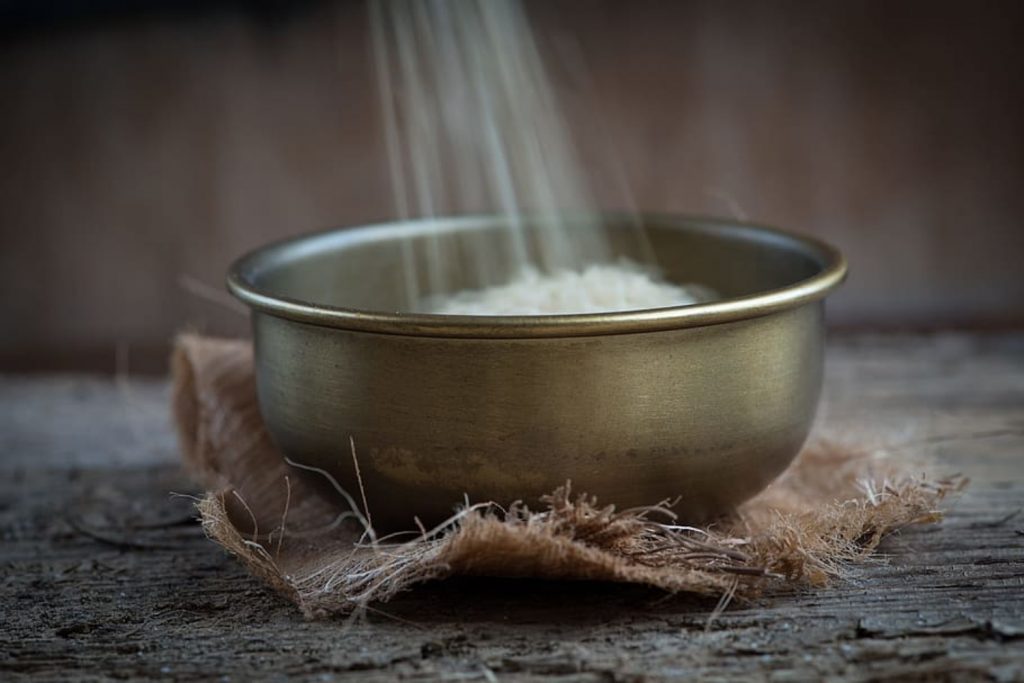
Rice water contains nitrogen, phosphorus, and potassium
The three most important elements needed for plant growth are nitrogen, phosphorus, and potassium.
Nitrogen supports foliage production and is a key component of chlorophyll, cells that are essential for photosynthesis.
Phosphorus enables plants to reproduce by allowing them to replicate nucleic acids, including DNA and RNA. This element helps plants produce more flowers and healthy, better-tasting fruits.
Potassium is also essential for plants because it regulates moisture intake and loss. Without potassium, plants lose too much water during respiration and quickly dehydrate.
These three elements are so important for plant health that most fertilizers are broken down into an N-P-K ratio.
Although rice water is not a potent source of nitrogen, phosphorus, or potassium, it does provide plants with small amounts of these key elements and can play a valuable role in your fertilizing program.
Rice water is a good source of trace minerals
Plants rely on nitrogen, phosphorus, and potassium the most. But they also need a broad spectrum of trace minerals, only in smaller doses.
Rice water is a fantastic source of trace minerals, providing plants with iron, magnesium, sulfur, and calcium. But just what do these minerals do for plants, exactly?
- Iron supports photosynthesis and respiration, as well as energy transfer. Because iron also enables plants to utilize nitrogen, iron deficiency can lead to yellowing foliage.
- Magnesium is another component of chlorophyll, allowing plants to absorb light to turn into energy. This mineral plays a role in enzyme activation and DNA and RNA production.
- Sulfur is used by plants to produce amino acids and proteins. These proteins are used for a variety of metabolic processes and to strengthen plant tissues.
- Calcium helps transport nutrients to various parts of the plant. It also supports healthy cell development by strengthening cell walls and supporting cell division.
Unfortunately, due to modern farming practices, our soils are rapidly becoming depleted in trace minerals.
But rice water can help improve trace mineral levels, which, in turn, supports healthy plant growth.
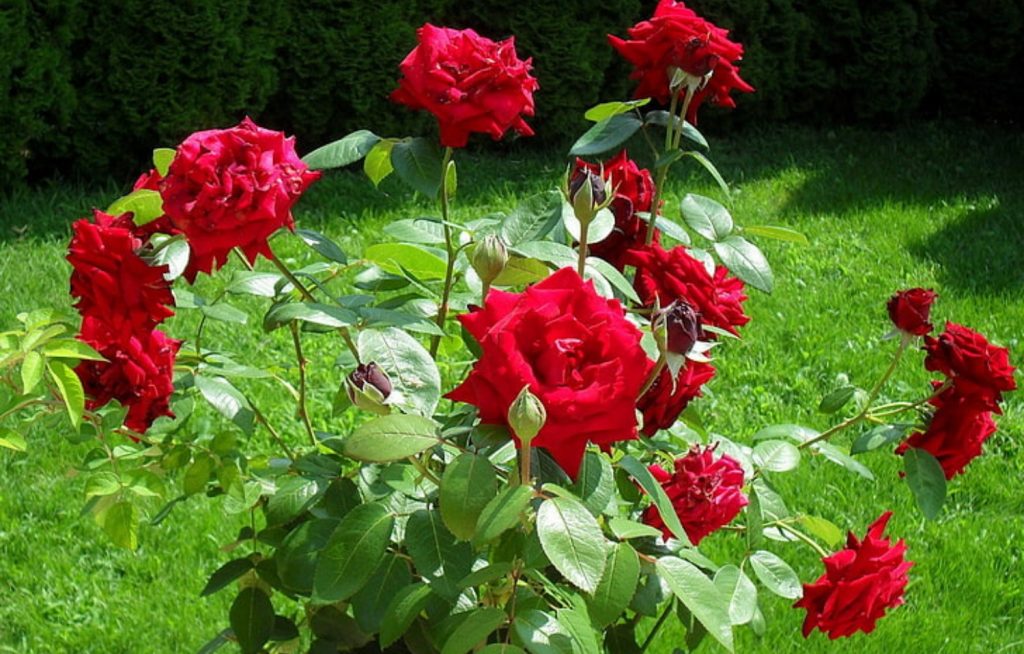
Rice water feeds beneficial soil bacteria
The reason rice water tends to look cloudy is because it’s full of starch.
These starches provide the beneficial bacteria living in your garden’s soil with some fast food. But why should you care if the microbes in the soil are healthy?
Healthy soil equals healthy plants, and a huge part of what makes soil healthy is the bacteria that live in it.
Although we tend to think of the bacteria, fungi, and mold found in the soil as being harmful, for plants, they’re actually beneficial, with all parties enjoying a symbiotic relationship.
Beneficial bacteria break down organic materials in the soil, making them easier for plants to absorb.
Research has shown that beneficial microbes in the soil can actually support healthy immune system function, making it easier for your plants to ward off harmful pests and diseases.
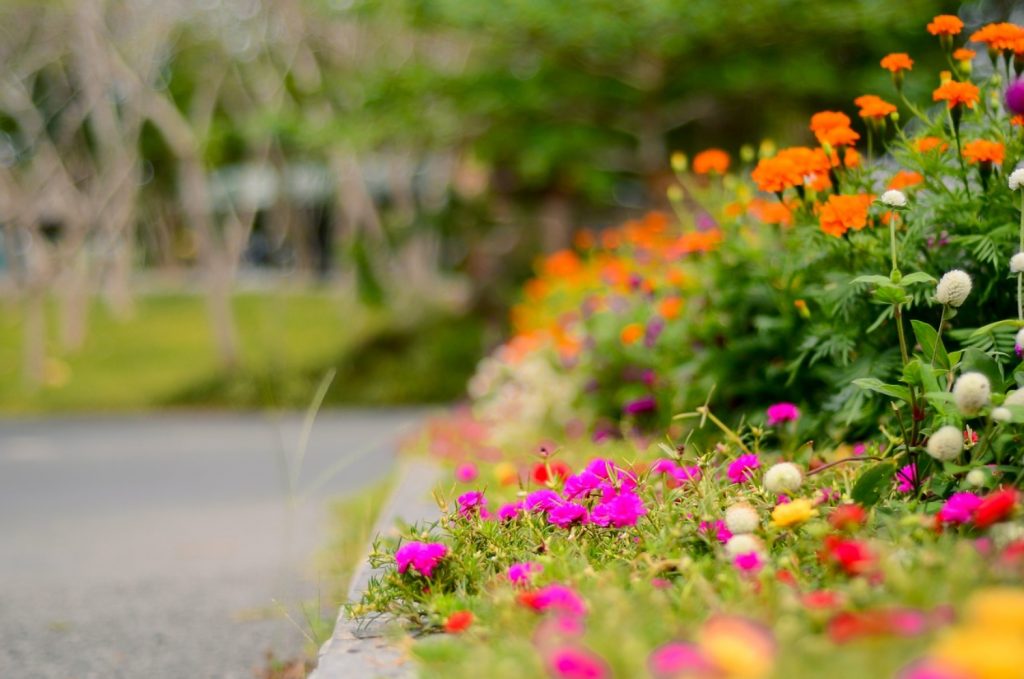
Rice water is environmentally friendly
Another great thing about rice water is that it’s sustainable.
Even using the water that you’ve used to rinse rice before cooking can benefit your plants, if only because it keeps them watered.
Rice water reduces waste.
Alone, rice water may not be enough to keep your plants healthy. You still need to incorporate things like compost into the soil to nourish your garden.
But because rice water can’t hurt your plants, and because it has the potential to help them dramatically, it can play an important role in your garden — and your ecosystem as a whole!
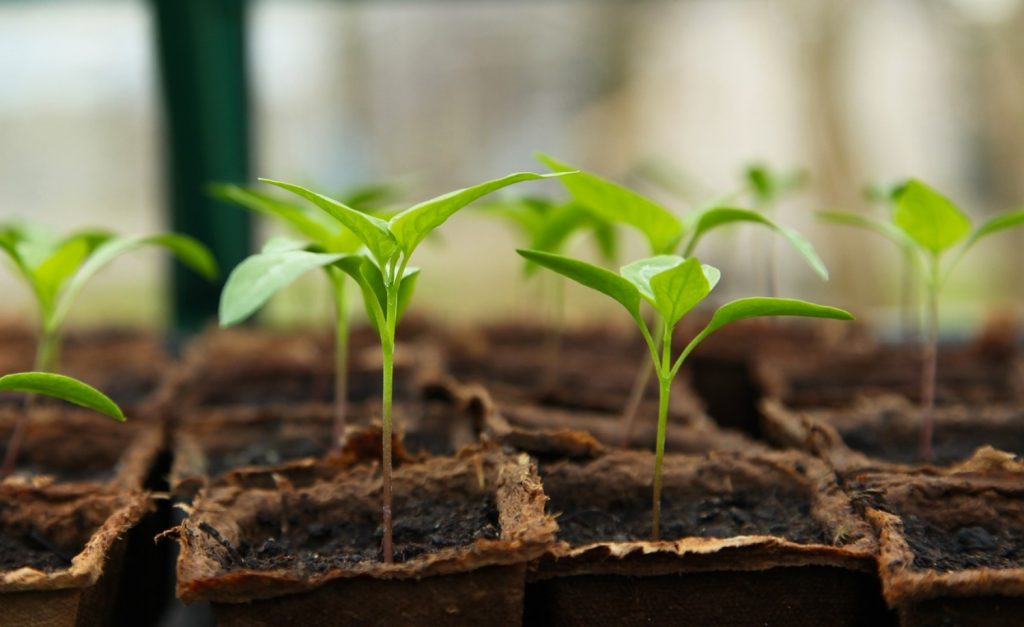
How to make rice water to feed your plants
There are several ways to make rice water to feed your plants (and, just FYI, it doesn’t matter which kind of rice you use). The first is to simply collect the water you use to rinse your rice.
Rinsing rice before cooking gives you a chance to inspect it. Occasionally, the rice has rocks and bits of organic matter mixed in with it.
Running the rice under your faucet allows you to remove these materials so you don’t end up with any unexpected surprises in your casseroles and side dishes.
The second way to make rice water for your plants is to soak the rice in water before cooking it.
Soaking the rice will release some of the grain’s starches, vitamins, and minerals for your plants, while still leaving plenty of nutrition behind for you and your family to enjoy.
And the third way to make rice water is simply to cook some rice, allow the water it was cooked in to cool completely, and then pour it over your plants.
One thing that’s worth noting is that water that has been used to rinse and/or soak rice does not contain as many nutritional benefits as rice water that has been boiled.
However, saving it to hydrate your plants is a great way to reduce waste, especially if you’re trying to cut down on your water bill!
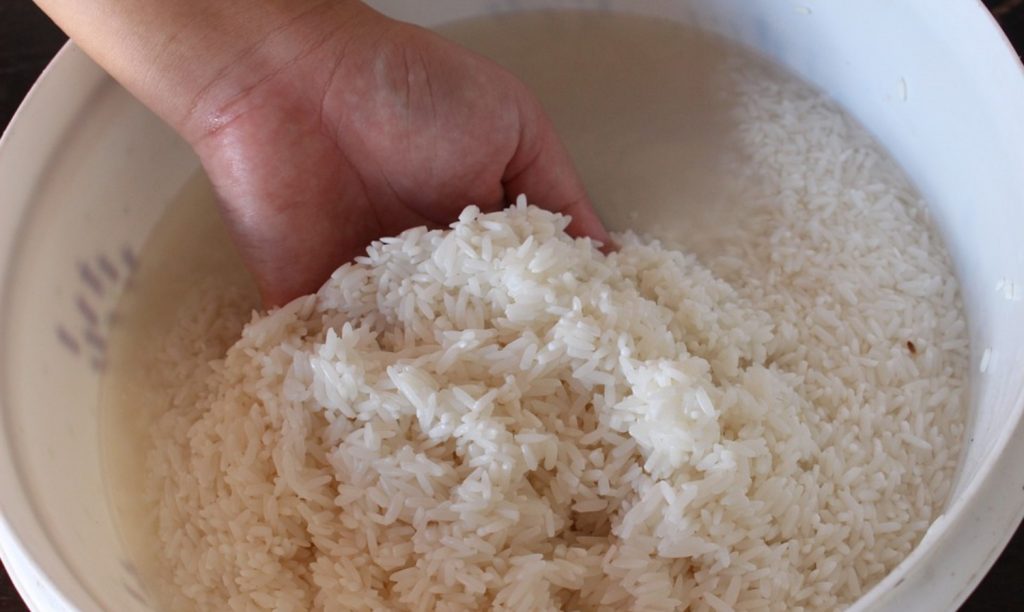
Is rice water plant fertilizer?
In some ways, yes. But in other ways, no.
Although rice water can be used to feed plants, it does not contain such high doses of essential vitamins and minerals that it could be considered a true fertilizer.
When used in tandem with other organic materials, like blood meal, kelp meal, and bone meal, this enhances the beneficial effects of rice water.
But used alone, rice water doesn’t really qualify as a fertilizer.
If you’ve tested your soil and found that it is deficient in certain nutrients, you’ll need to use a more potent fertilizer to replace those nutrients.
For instance, if your soil has low potassium levels, then you’ll need to use a high-potassium fertilizer, like potash, to bring levels back up again.
Rice water does not contain sufficient levels of key nutrients to replenish lost stores of these elements.
Overall, rice water plays a supportive role in plant nutrition, not a crucial one.
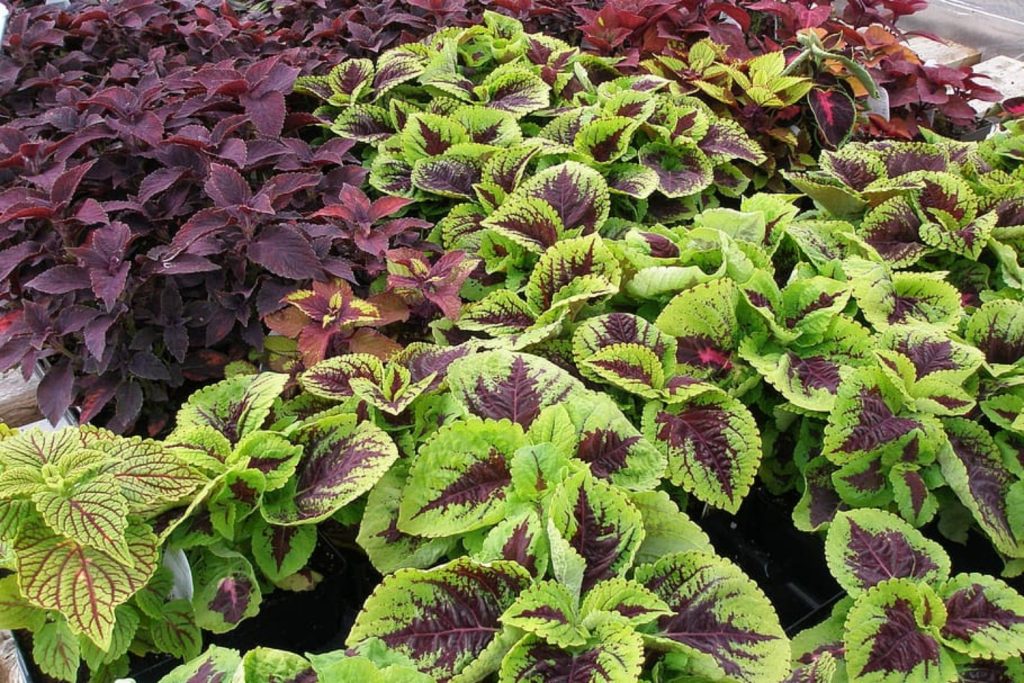
How often to use rice water on plants?
By now, you know how rice water can benefit your plants. But too much of a good thing can prove to be detrimental.
So just how often should you use rice water on your plants?
Rice water feeds the good bacteria in your soil. Unfortunately, in high doses, it can also feed the bad bacteria.
For this reason, it’s best to only feed your plants rice water once a month.
Feeding your plants rice water too often can result in an imbalance of bacteria, allowing the bad bacteria to run rampant.
These bad bacteria pave the way for root rot, stem rot, blight, and many other diseases, which can do some serious damage to your plants, if not kill them altogether.
Overuse of rice water may also attract unwanted insects, like ants, who also benefit from the moisture and quick energy that rice water offers.
So for best results, only give your plants rice water once in a while.
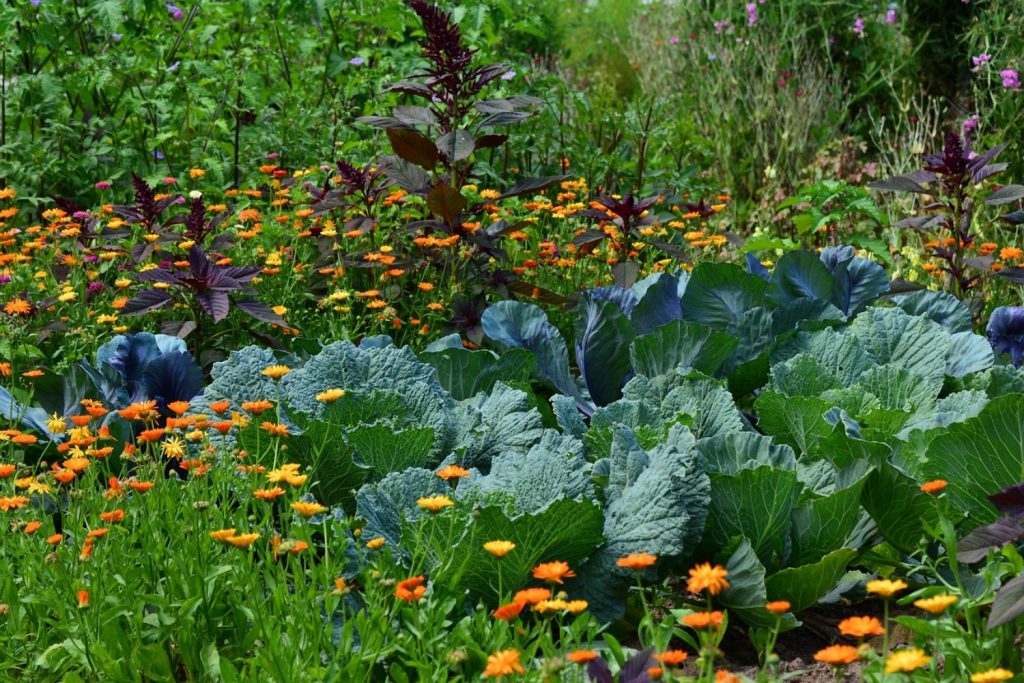
Can you add rice water to your compost heap?
If you’ve got some rice water on hand but you’ve already fed some to your plants, you can pour it onto your compost heap if you don’t want to waste it.
Adding rice water to compost naturally supports healthy bacteria production.
Of course, you don’t want to add too much because, again, it could end up feeding the bad bacteria.
But pouring some rice water into your compost bin can speed up the composting process, creating a nutritious, all-natural fertilizer for your plants.
Just be sure your compost heap can drain. You don’t want to create a soupy, muddy mess. Only use enough rice water to moisten the compost and promote the breakdown of organic materials.
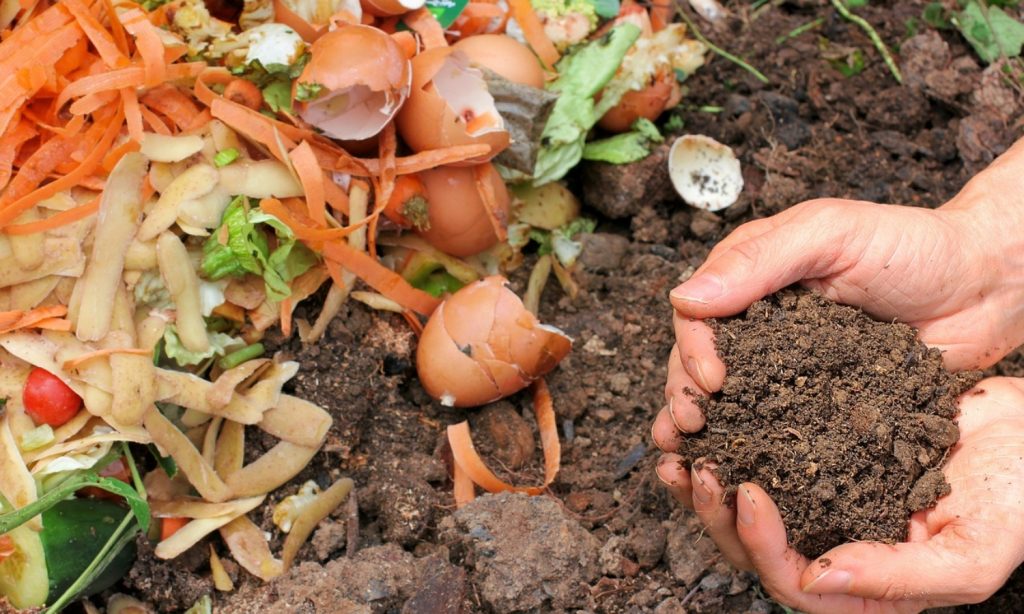
Can rice water help plants grow faster?
Yes, it certainly can!
Let’s say you’re a healthy, active person who enjoys a nutritious and well-rounded diet.
And let’s say that after a hard day of working in your garden or running a marathon or doing something else that’s physically taxing, you’ve worked up quite a thirst.
Instead of drinking plain water, you may reach for a sports energy drink, like Gatorade, to replenish some of the electrolytes you lost and restore energy levels.
This is similar to how rice water supports plant health.
Rice water can be used to enhance your plant’s performance provided all of the plant’s growing needs are already being met.
When used to feed plants that are healthy, rice water supports a variety of metabolic and reproductive processes, allowing plants to grow stronger and healthier and produce more flowers and fruits.
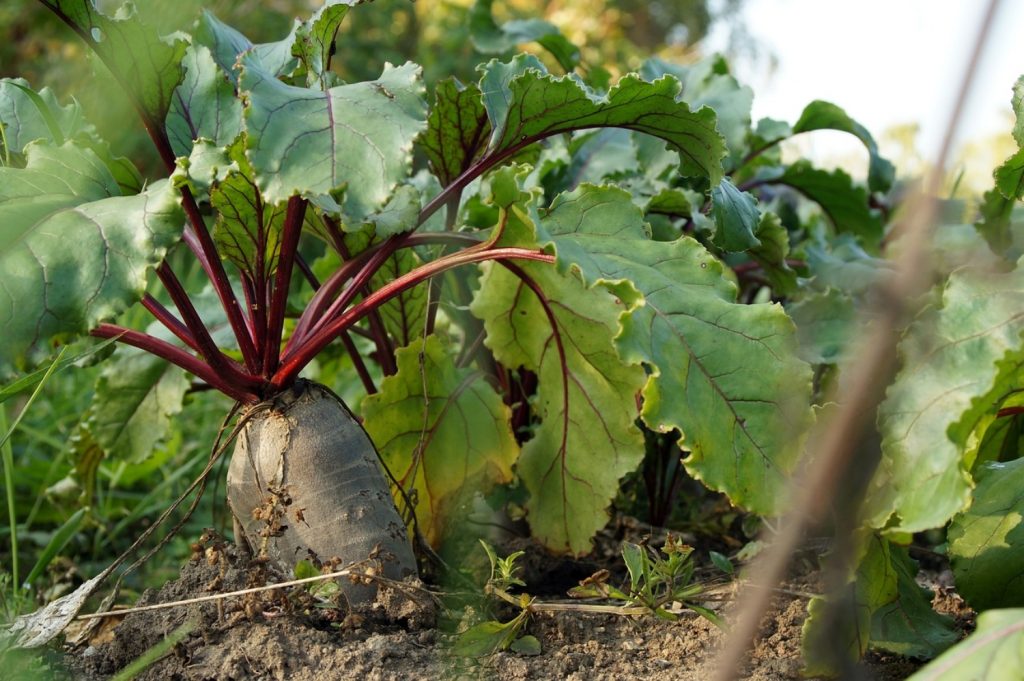
Should you use rice water to feed the plants in your garden?
Rice water can be good for your plants, there’s no question about it. But it doesn’t offer any life-changing benefits for plants.
If you don’t eat rice, then there’s no need to go out and buy some just so you can boil water to feed your plants.
It’s just that if you’re already boiling rice, saving the water to feed your plants is an inexpensive and all-natural way to support the health of your garden, that’s all.
Ultimately, it’s up to you to decide whether or not feeding your plants rice water is worth the extra trouble.
But when used with other organic materials, rice water can fortify your plants, keeping them strong and healthy for many seasons to come.
